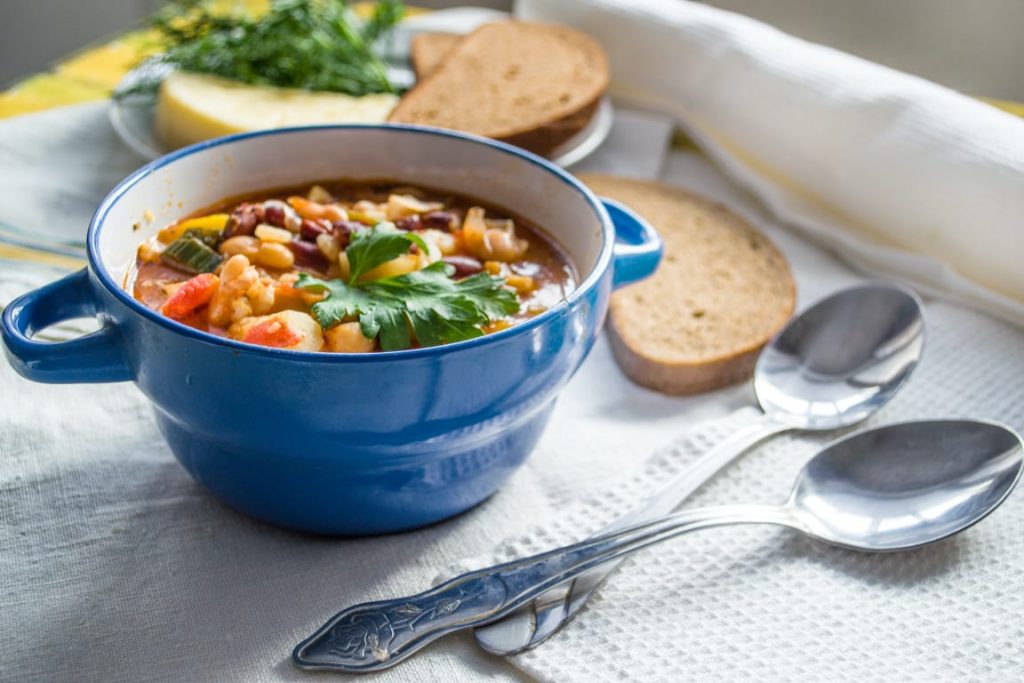
COVID-19 Recovery Diet
Good nutrition is essential for health, especially when your immune system is beating and weaker than before and you are recovering from COVID-19. When our body is fighting infection, it needs more energy and more fluids. So, we usually need to eat more. Adequate nutrition is essential before, during and after infection. Our body also needs more to help our immune system and help repair body tissues during recovery. What you eat and drink now will play a significant role in boosting your immune system and determine how quickly you can get back on your feet. Vitamins and minerals help in these processes. When we are not well, it isn’t easy to eat and drink for many reasons. If we do not eat and drink enough, our body may need to use its natural resources of energy, protein, minerals and vitamins. They help speed up the recovery process and reactivate the immune response. You may notice some weight loss or your muscles are shrinking and weakening. We hope that the points in this can limit these changes in your body.
The appropriate rehabilitation diet for COVID-19 patients should include the following types of nutrition.
Calories
Your body is depleted of energy, so you need to eat calorie-dense foods to restore your energy levels. Include rice, potatoes, whole grain bread, pasta, quinoa in your diet, but avoid empty-calorie foods, such as white bread, white pasta, cookies, sugar-sweetened beverages.
Protein
You can’t start feeling better without these building blocks of life, so eat a protein-rich diet every day. Include as many whole grains, lentils, dairy products, soy products, nuts and seeds in your diet. If you are not a vegetarian, eat plenty of chicken, eggs and fish. Intend to get three hand-sized items daily from this protein group: Beans, fish, eggs, meat and other proteins. Eat more beans, pulses and lean meat, less red and processed meat.
Eat fresh (unprocessed) food
Don’t overcook vegetables as they can lose essential vitamins. When using canned or dried vegetables and fruits, choose varieties that do not contain salt or sugar. Fresh fruits and vegetables are an excellent source of dietary fibre, folate, vitamins, minerals, and antioxidants. Include apples and bananas to pumpkins and green leafy vegetables in your diet.
Immune enhancement
Fruits, vegetables, herbs and some spices have powerful immune properties to fight COVID-19 because they are rich in phytochemicals and biotic compounds. Please include them in your diet and find herbal drinks that boost the immune system, such as bitter gourd, turmeric milk, green tea, herbal tea, etc.
Eat small amounts of fat and oil
Instead of saturated fats (such as butter, ghee, cakes, biscuits, processed meat like bacon, sausages), choose white meat (such as chicken) and fish, which are usually low in fat. Processed meat is high in fat and salt, so avoid eating it. Where possible, choose low-fat or low-fat versions of milk and other dairy products. Avoid industrially prepared trans fats. They are often found in processed foods, fast foods, snacks, fried foods, frozen pizza, cakes, cookies, kinds of margarine and spreads.
Fluid
Infections can lead to dehydration, so it is essential to rehydrate when you are recovering. Drink 8-10 glasses of water each day and make broth, soup, and other beverages a part of your daily diet.
Set yourself a goal of drinking two to three litres of water a day. Remember that soups, drinking supplements, milk, juices, and wet foods also give you fluids.
Eat less sugar and salt
Limit salt and high-sodium spices such as soy sauce and fish sauce when cooking and preparing. Use iodized salt. Avoid foods high in salt and sugar, such as snacks. Limit soft drinks or sodas and other high-sugar beverages such as fruit juices, fruit juices and syrups, flavoured milk and yoghurt drinks. Choose fresh fruit instead of sweet snacks like cookies, cakes and chocolate.
Avoid eating out
Eat at home to reduce your contact with other people and reduce your chances of getting COVID-19. We recommend keeping a distance of at least 1 meter between you and anyone coughing or sneezing. Drops of infected people can get on people’s surfaces and hands, such as customers and staff, and with so many people coming and going, you can’t tell that their hands are washed regularly, and the surfaces are clean.